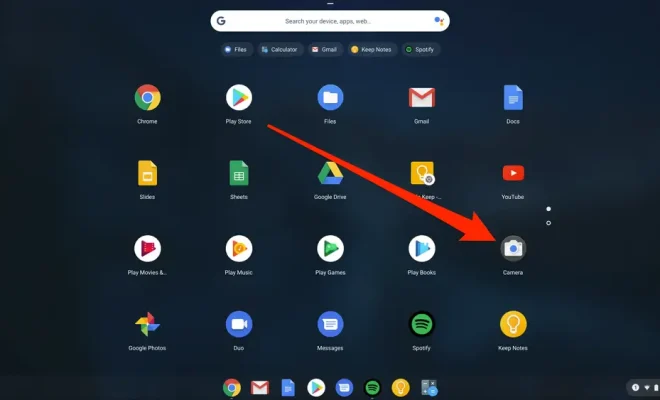What is Enterprise Marketing Management (EMM)?

Enterprise Marketing Management (EMM) is an evolving approach that helps organizations in planning, executing, and managing their marketing strategies across multiple channels. EMM enables companies to unify their data from various sources, streamline their marketing efforts, and derive insights that can be used to optimize their marketing performance.
EMM is an integrated solution that brings together various marketing functions and technologies, such as customer relationship management (CRM), email marketing, social media marketing, content marketing, search engine optimization (SEO), marketing automation, analytics, and reporting. By using EMM, organizations can ensure that their marketing messages are consistent, targeted, and impactful, thereby improving customer engagement, loyalty, and revenue growth.
EMM is not just a software platform or a set of tools but a comprehensive marketing management framework that encompasses people, processes, and technology. The EMM approach involves the following key steps:
1. Strategy development: Defining the marketing goals, target audience, messaging, and budget based on market analysis and business objectives.
2. Campaign planning: Developing a comprehensive marketing plan that includes the selection of channels, messages, creatives, and metrics.
3. Execution: Implementing the marketing plan using various tools and technologies, such as email marketing, social media, search engine marketing (SEM), display advertising, and mobile marketing.
4. Performance measurement: Tracking and measuring the effectiveness of the marketing campaigns using metrics such as conversion rates, click-through rates, engagement rates, and customer lifetime value.
5. Optimization: Using the insights from performance data to refine and optimize the marketing campaigns to improve ROI, customer engagement, and revenue growth.
The benefits of EMM are numerous. By using EMM, organizations can:
a. Improve their marketing efficiency and effectiveness by streamlining their processes, reducing duplication, and leveraging automation.
b. Enhance their marketing agility by quickly adapting to changes in customer behavior, market trends, and competitive landscape.
c. Increase their customer engagement and satisfaction by delivering personalized, relevant, and timely messages across multiple channels.
d. Reduce their marketing costs by optimizing their budget allocation, reducing their reliance on traditional media, and increasing their ROI.
e. Improve their marketing collaboration and alignment by bringing together various marketing functions and stakeholders, such as sales, customer service, and product development.
In conclusion, EMM is a holistic approach that enables organizations to drive their marketing performance and competitiveness by leveraging technology and data. EMM helps organizations orchestrate their marketing efforts across various channels, optimize their budget allocation, and derive insights that inform their marketing strategies. By adopting EMM, organizations can gain a competitive advantage in the crowded and ever-changing marketing landscape.






